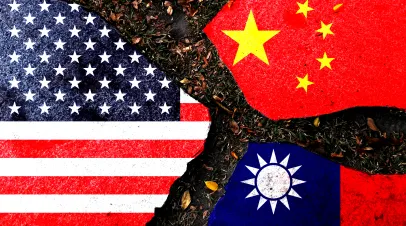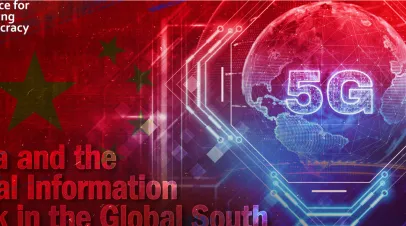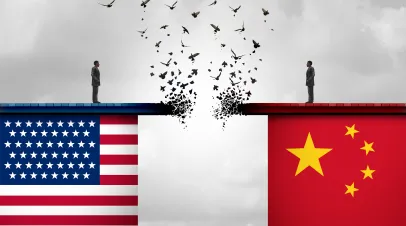Bryce Barros
Former China Affairs Analyst, Alliance for Securing DemocracyBryce Barros is a former China Affairs Analyst, Alliance for Securing Democracy at GMF.
Media Mentions
Featured Work
Image
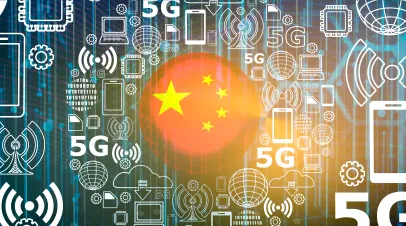
Image
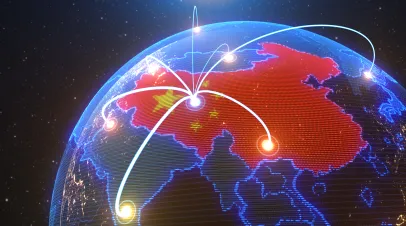
Image

